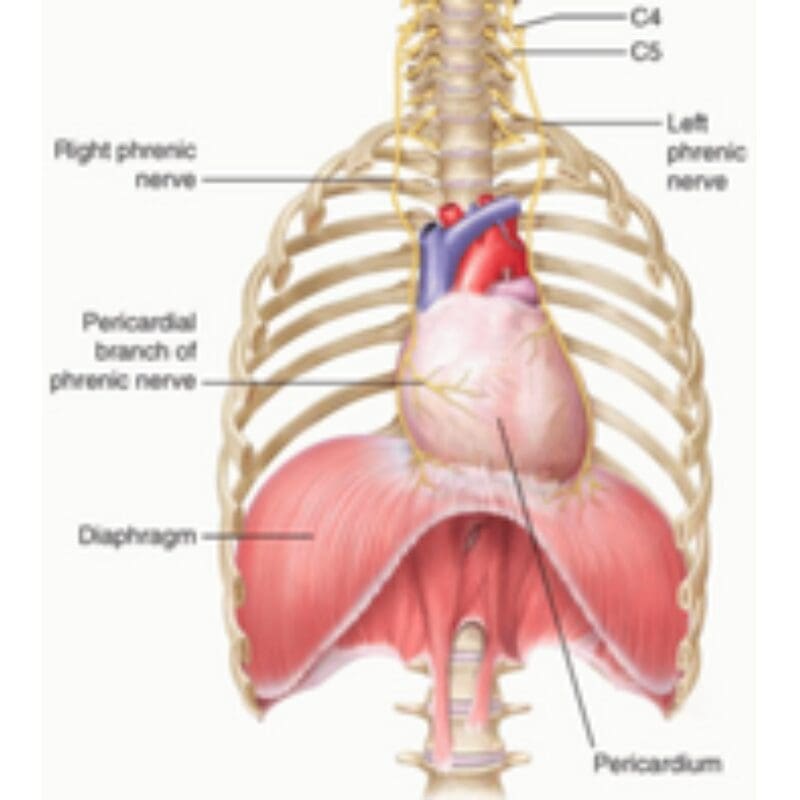Explore the Michelle Ostrove Blog
We all know that the power for your voice comes from the diaphragm and breath support. But did you know that your vowel sounds and consonants play a very important role as well? Yes, they do! The vowel sounds start from the vibration of your vocal cords (folds) and the consonants are made by the exhaled air stream and they are formed by your mouth. What does that mean? Well, consonants can push out too much air, which will cause…
Read MoreWhat are the basic fundamentals to a perfect vocal performance? There are four important components you need to master when you sing, in order to create a polished performance. The first component is having good posture. Stand up straight, reach both hands into the air above your head, now let the slowly come down to your sides. This is good posture…do not slouch. A hunched back or slouching shoulders does not provide proper support (read 8/25/20 blog “Proper Posture”). Good…
Read MoreWhat brings music to life? Dynamics, they are the variations of loudness and softness between notes and phrases in a song. Dynamics offer, a singer or pianist (musician) a way to show expression and feeling in a song. Using a variation of loudness and softness in music builds a song a brings it to life! Otherwise, your music will fall flat and lifeless. To sing a song with the same volume and intensity throughout the song will make the song…
Read MoreEveryone makes mistakes, it’s a process of learning and can help singer or pianist grow in the craft. You need to keep things in perspective. Every singer or musician (pianist) has made mistakes when playing or singing a song; no one is exempt from making a mistake in a performance. Mistakes will always happen; you will have good and bad performances. It’s not the mistakes that make you, it’s how you handle them after they have happened. Forgetting the lyrics,…
Read MoreYour voice is a musical instrument, just like a piano or guitar. As a vocalist you need to have complete control of your voice to hold notes for an extended period of time or use dynamics in your singing. To sing without cracking or a break you must have breath – diaphragm support. Your diaphragm plays a significant role in breathing when you sing. Your vocal power, strength and control all come from the diaphragm. You are probably wondering “What…
Read MoreLearning a new song is a process, whether it is singing the song or playing the song on the piano. There are some simple ways to break the song down into sections to better absorb and learn quicker. Dividing the song into sections is a much better way than trying to learn the entire song all at once. For singers, usually the chorus is catchy and easier to learn because it is repeated a few times throughout the song. Take…
Read MoreWhat’s really important for you as a singer, musician or life in general is having positive, supportive people around you. Learning how to surround yourself with people you trust is the best thing you ever do for yourself. Positive, supportive people will build you up and make you the best that you can be. Whether it’s your family life, personal, business or music life, surround yourself with individuals that are positive. Singing, playing piano, and creating a song, needs a…
Read MoreMusic plays a vital role in everyone’s lives and there are 10 elements that are used no matter what genre you sing, play or listen to. These aspects of a song guide you as you play the song on the piano or sing the song as a lead (or background) vocalist. These fundamental ingredients put together create a beautiful song. Let’s start with the Melody which is an arrangement of musical sounds which is sung by a vocalist or played…
Read MoreWhat is vocal balance? When you are working on your voice to become a better singer, you need to balance the two important functions of your voice: the airflow and the muscles you use to sing. You really need an expert vocal coach to learn to balance your voice. Training your voice all on your own is difficult, if not impossible, especially in the early years. If you have too much airflow, the vocal cords (folds) can get overpowered and…
Read MoreOne of the most important qualities a singer or pianist can possess is confidence! The more you perform the more your confidence will grow. This is a key issue for your development if you want to be a performing artist. Being confident is nothing more than believing in yourself; confidence comes from within. You need confidence as much as you need talent and ability to play piano or sing. Many professional artists struggle with stage fright. You can manage and…
Read More








